|
So should you include a podcast transcript? And if you do, should you edit it? Here’s my take.
Writers don’t just listen to podcasts; they create them as part of their author-platform mix. Not all podcasters include transcripts (though I think they’re a good idea) and not all transcripts are created equally.
Some are rough and raw, some are smoothed, and some are edited to within an inch of their life so that they read more like blog posts. What is a podcast transcript and why should you have one? A podcast transcript is a written version of your audio file. Many people glance at a transcript before they listen to a podcast because they want to know what the key discussion points are. Skim reading allows us to digest large chunks of written content quickly. We get to pick and choose what to ignore and what to focus on. Skimming isn’t about deep comprehension but about getting a feel for what’s on offer. People are busy. Podcasts are great because the audience can consume the content while doing other things. That’s great if the listening takes place on the school run or the dog walk. However, that won’t be the choice for all your book-buying audience. Some will want to engage with your podcast, and only your podcast. Those listeners need to know whether you’re worth their time. We can’t skim a podcast (or a vlog) but we can skim a transcript. The transcript is therefore more than a written record. It’s also the key that unlocks the audio engagement door. Given that it’s a representation of what’s said in the podcast, should you edit it? A better question is, what are the consequences if you don’t? Here are four. 1. Eyes before ears – visible content counts If your listener is already fan, a sloppy transcript is unlikely to put them off because they probably won’t even read it – they’re there for you and your audio. But if they’re new, and deciding whether to commit to listening, the written word might well determine whether they leap on board or jump ship. If the first thing someone comes across on the podcast landing page looks and reads like a dog’s dinner, what does that say about the likely quality of the audio content? In reality, the audio content might well be outstanding, but the podcaster isn’t judged on that until the audience has decided to hit Play. It’s the visible content on the page that counts.
2. But it’s all about the audio, isn’t it?
Imagine you’re doing a presentation to a roomful of your author peers. You build your presentation around the problems you’re trying to solve for your audience, create a great slide deck, and rehearse like billy-o so that you’re on top form. On the day of the speaking engagement you turn up ahead of time so that you can check that all your equipment and supporting materials are fit for purpose. Before you go on stage you do some breathing exercises to relax your throat – you want your voice to be clear and engaging for your listeners. You look the part. You sound the part. And you’re a writer in a roomful of writers. That’s all that matters, right? After all, it’s a face-to-face speaking engagement. The problem is, you haven’t brushed your teeth for three weeks and your breath honks. If you were one of those presenters that likes to be front and centre, the first row would be in trouble. But you’re a walker. You like to engage with your audience – a little bit of up close and personal. It’s not the first row that's in trouble. The whole room is at the mercy of your Wookie mouth. Shame, because no one’s interested in your stunning insights, your top tips for how to overcome writer’s block, fact check, or edit the first draft, never mind that what you tell them could make their lives a hundred times easier. All anyone’s thinking is Stay back. A sloppy podcast transcript is like bad breath. It focuses your potential audience’s attention on the wrong thing and risks putting them off before the audio fun’s even begun.
3. Standing out
Podcasts are increasingly popular tools used by business owners, marketers, writers and hobbyists to communicate with their clients, fans and friends. And a lot of podcast transcriptions are sloppy. All the effort, and the budget, goes into creating great audio. In ‘How to build a web presence that outsmarts, outperforms and outlasts the search engines’ (Summit on Content Marketing 2017), Stoney deGeyter talks at some length about being excellent in everything we do so that we’re not battling with search-engine algorithms and rankings. He advises focusing on extraordinary engagement that makes our audience/customer journey as easy as possible. Good advice indeed. So why not stand out and create a top-notch podcast transcription?
That way you give people nothing to complain about and everything to rave about. Word of mouth is more likely to kick in. And with it, audience growth, engagement, advocacy and book sales. Certainly, some people won’t care if your transcript is a mess. It’s not them you have to worry about though. It’s about those who do care, those who judge you negatively because they think you don’t give a damn. Which leads us to the biggie. 4. Wordy people need to do wordy well You’re a writer. Given that your podcast is part of your author platform, the last thing you want to do is give anyone the impression that your writing is poor, even if you’re using audio as an engagement tool. If a famous chef was promoting her new recipe book in my local Waterstones and the canapes made me want to hurl, certainly I’m not going to buy her book. But, much worse, I’m not going to book a table at her restaurant. The biggest problem for the author with a sloppy transcript is not that no one will listen to the podcast but that no one will buy her books.
How much should you edit?
It’s your choice but bear in mind that the goal is to encourage the listener to engage with the audio and buy your books. The podcasting author has to strike a comfortable balance between rigorous word-for-word accuracy and readability. Here are some guidelines:
Ideas for you to steal Even if you don’t include a transcript, consider the following:
If you decide to hire someone to create and edit your transcript for you, take a look at this article from my copywriter pal Gudrun Lauret: Why Not to Use Cheap Transcription Services. And here's a cautionary note that Tim Lewis posted on my Facebook page: 'Honestly, transcripts are a right PIA but you are right: they are well worth doing. Something for amateur podcasters to be careful with is that many automated transcription services such as Trint (and the free services) really struggle with anything that isn’t a standard US or UK accent, and if they don’t get to pretty high accuracy you will spend longer fixing it than the length of the interview. I use rev.com which is human-based (but more expensive). Even that’s not perfect though.' Here are some examples of what others are doing: Tim Lewis, Begin Self-Publishing Podcast Tim’s transcripts are gently smoothed to aid readability, indicate who’s speaking, and include a brief content summary. He increases visual engagement by introducing eye-catching quotes from the show. Here’s an example from the episode I did with him on fiction editing.
Julie Anne Eason, The Successful Author Podcast
Julie Anne doesn’t include transcripts but she does provide detailed overviews of each episode’s content, additional related resources, eye-catching quotes from the show, and a bullet list of key themes.
Wesley Chu, Piper J. Drake, Mary Robinette Kowal, Mary Anne Mohanraj, Brandon Sanderson, Howard Tayler, Dan Wells, Writing Excuses
The hosts have an index of smoothed transcripts available in a separate menu. They offer a summary of the show, a pick-of-the-week related resource and a writing prompt (mini homework!), and subject tags so listeners can access related content (a really neat and useful addition that’s common on blogs and works very well in this setting too).
I'll be digging deeper into author podcasting in a forthcoming blog. I hope you'll join me for that!
Louise Harnby is a fiction copyeditor and proofreader who specializes in helping self-publishing writers prepare their novels for market.
She is the author of several books on business planning and marketing for editors, and runs online courses from within the Craft Your Editorial Fingerprint series. She is also an Advanced Professional Member of the Society for Editors and Proofreaders. Louise loves books, coffee and craft gin, though not always in that order. Visit her business website at Louise Harnby | Proofreader & Copyeditor, say hello on Twitter at @LouiseHarnby, or connect via Facebook and LinkedIn. If you're an author, take a look at Louise’s Writing Library and access her latest self-publishing resources, all of which are free and available instantly.
2 Comments
10/2/2018 10:35:41 pm
Great post - I'd just add, as a transcriber, that you can ask your transcriber for different levels of tidying - I get asked to do anything from totally verbatim transcripts (for academics) to non-native not great English turned into the best English I can, with all levels in between. It shouldn't cost any different but will save you time tidying. Also a good transcriber will mark anything they're not sure of but always check names, brand names and the actual transcript yourself, as you say. I ask all my clients to do that. And yes, auto transcriptions can do a lot, but only a real person can look stuff up, deal with homophones and accents, etc.
Reply
Louise Harnby
10/2/2018 11:44:08 pm
Smashing insights, Liz! Thank you so much.
Reply
Your comment will be posted after it is approved.
Leave a Reply. |
BLOG ALERTSIf you'd like me to email you when a new blog post is available, sign up for blog alerts!
TESTIMONIALSDare Rogers'Louise uses her expertise to hone a story until it's razor sharp, while still allowing the author’s voice to remain dominant.'Jeff Carson'I wholeheartedly recommend her services ... Just don’t hire her when I need her.'J B Turner'Sincere thanks for a beautiful and elegant piece of work. First class.'Ayshe Gemedzhy'What makes her stand out and shine is her ability to immerse herself in your story.'Salt Publishing'A million thanks – your mark-up is perfect, as always.'CATEGORIES
All
ARCHIVES
July 2024
|
|
|
|


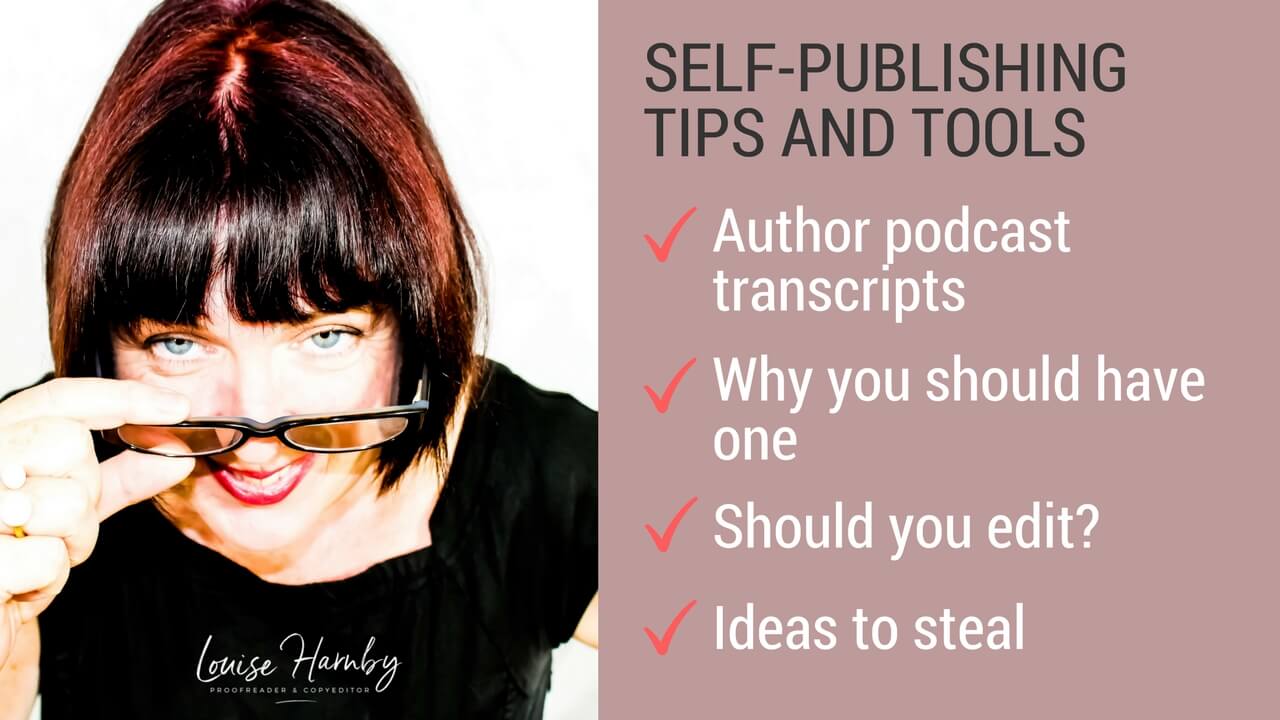
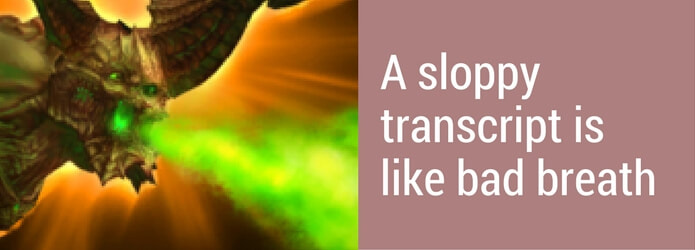
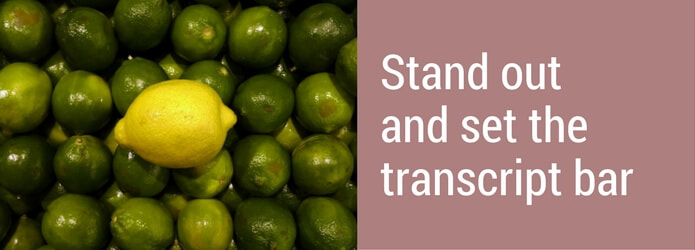
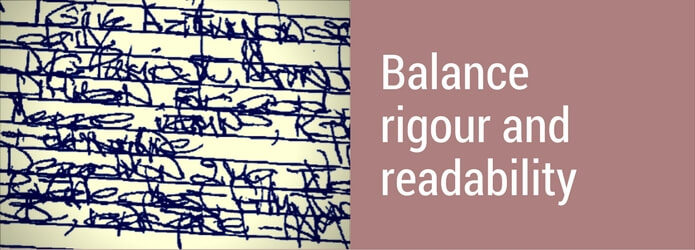
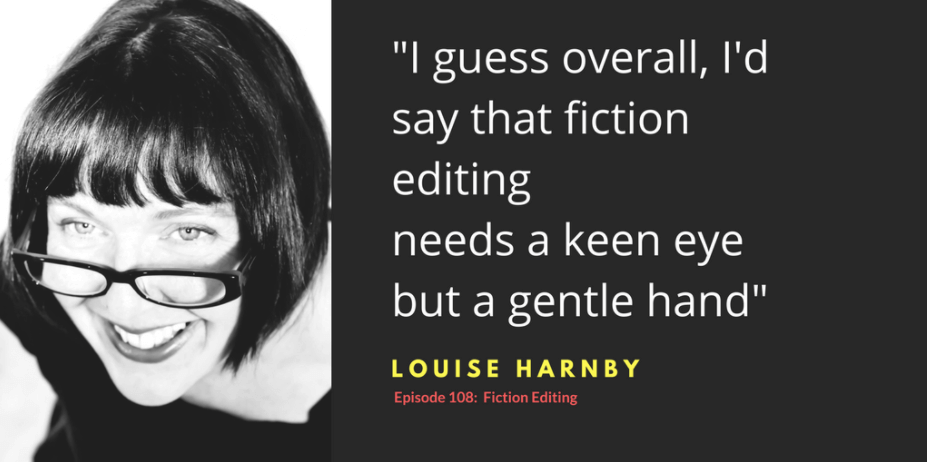
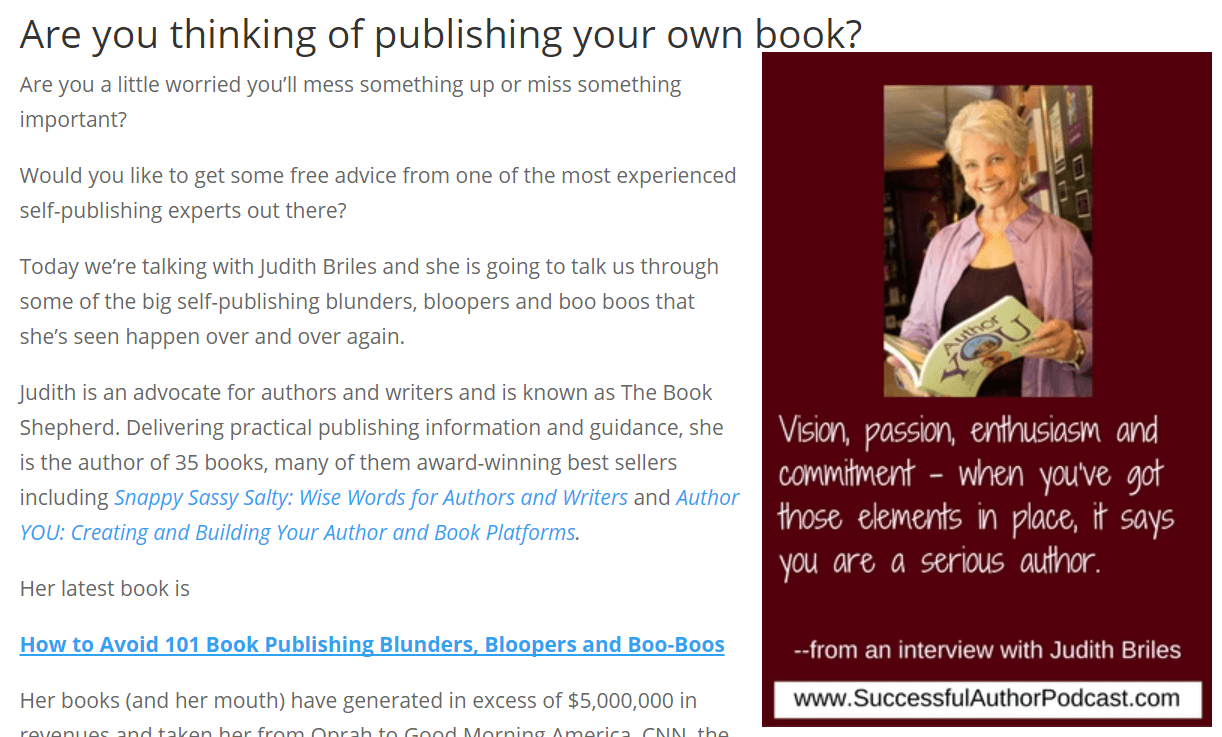
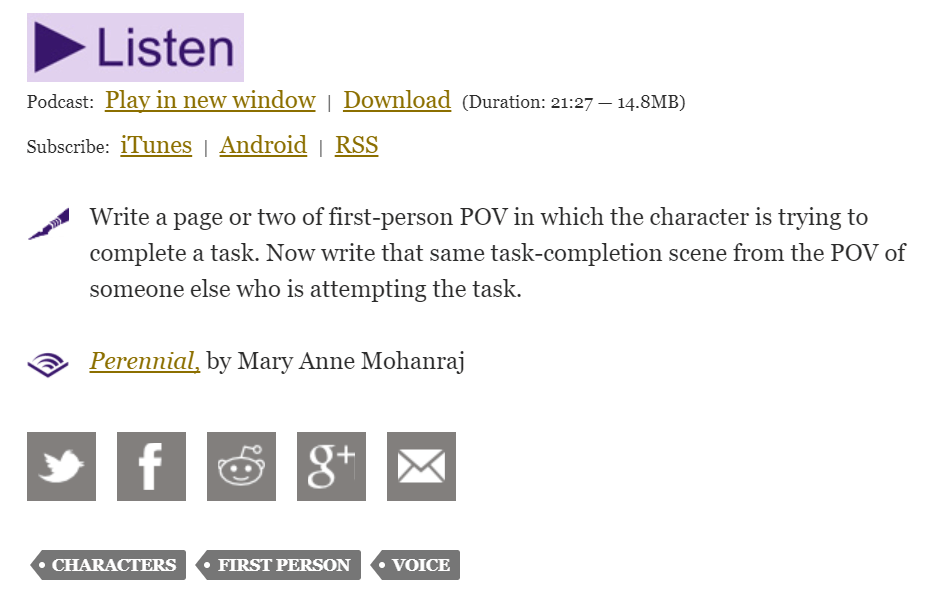













 RSS Feed
RSS Feed





